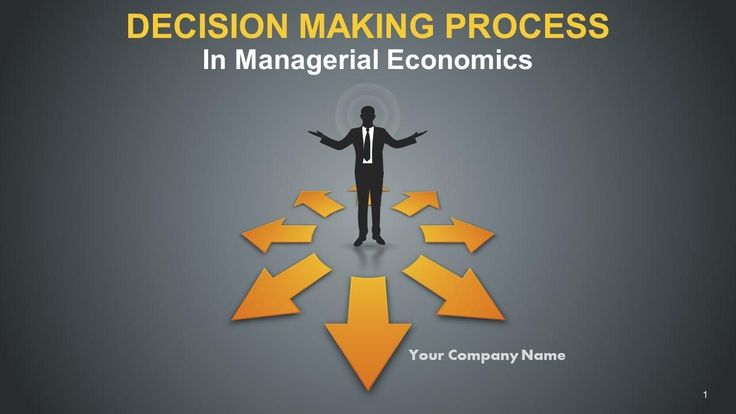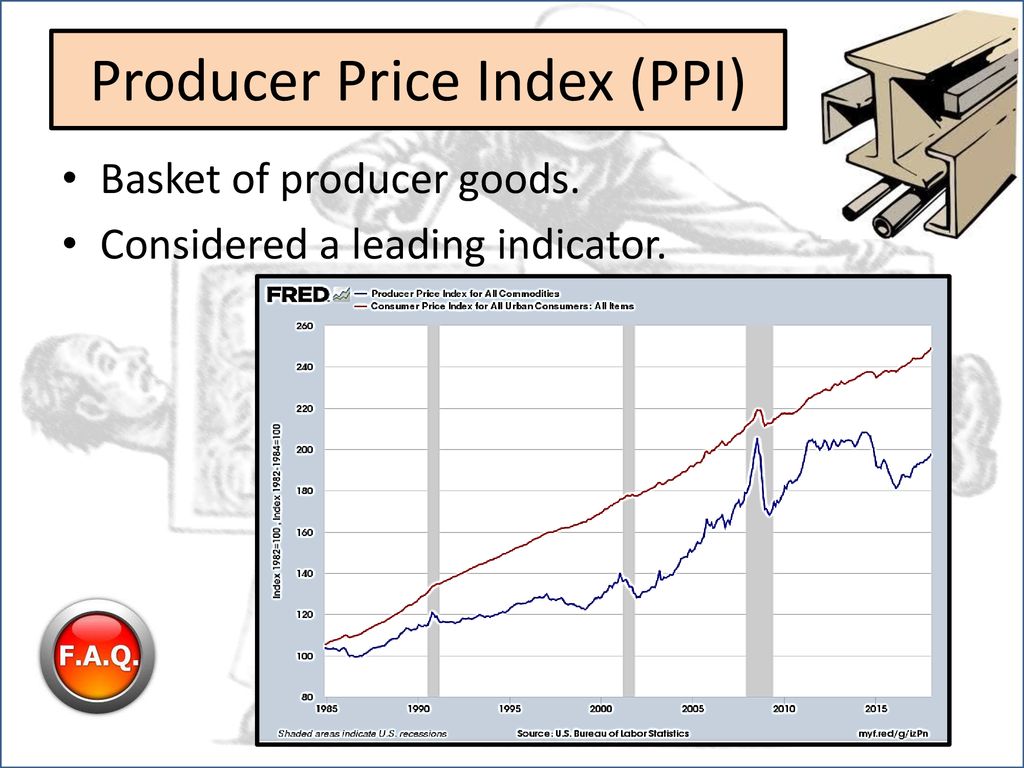
The Pivotal Role of Information in Economic Decision Making: A Beginner’s Guide
In the vast, interconnected world of economics, decisions are made every second – by individuals buying groceries, by businesses launching new products, and by governments setting policies. But what guides these countless choices? The answer, at its core, is information.
Imagine trying to navigate a complex city without a map, GPS, or any knowledge of its streets. You’d be lost, make poor turns, and likely never reach your destination efficiently. Economic decision-making is much the same. Without reliable, timely, and relevant information, economic actors operate in the dark, leading to inefficient outcomes, missed opportunities, and even significant losses.
This article will break down the fundamental role of information in economic decision making, explaining complex concepts in simple terms, perfect for anyone looking to understand the bedrock of our economic systems.
What Exactly is Economic Decision Making?
Before diving into information, let’s clarify what we mean by "economic decision making." Simply put, it’s the process by which individuals, businesses, and governments choose how to allocate scarce resources to satisfy their unlimited wants and needs.
Every economic decision involves:
- Scarcity: Resources (like money, time, natural materials, labor) are limited, while desires are not. This forces choices.
- Trade-offs: Every choice means giving up something else. This is the "opportunity cost."
- Goals:
- Consumers: Aim to maximize their utility (satisfaction or happiness).
- Businesses: Aim to maximize profits and grow.
- Governments: Aim to maximize social welfare and ensure stability.
To make the best choices towards these goals, economic actors need to understand the options available, their potential consequences, and the environment they’re operating in. This understanding comes from information.
Information as the Guiding Light: Reducing Uncertainty
At its most basic level, information serves as a guiding light, illuminating the path forward and significantly reducing uncertainty.
Imagine you want to buy a new smartphone.
- Without information: You might pick the first phone you see, not knowing its price, features, or reliability. You could end up overpaying or getting a phone that doesn’t meet your needs.
- With information: You research different models, compare prices, read reviews, and understand specifications. This allows you to make an informed choice that maximizes your satisfaction for your budget.
This principle applies across the board:
- Predictability: Information allows us to make more accurate predictions about future events, market trends, or consumer behavior.
- Risk Management: By understanding potential risks through data, economic actors can take steps to mitigate them.
- Optimal Allocation: Information helps identify the most efficient ways to use resources to achieve desired outcomes.
Information for Consumers: Smart Choices and Financial Well-being
For the everyday person, information is crucial for navigating personal finance and making purchasing decisions that improve their quality of life.
- Purchasing Decisions:
- Price Comparison: Online shopping, comparison websites, and advertisements provide immediate pricing information, allowing consumers to find the best deals.
- Product Reviews & Specifications: Understanding what others think of a product and its technical details helps assess quality and suitability.
- Brand Reputation: Information about a company’s history, ethical practices, and customer service can influence purchasing loyalty.
- Financial Planning:
- Investment Decisions: Information about stocks, bonds, mutual funds, interest rates, and market trends is vital for building wealth and managing risk.
- Borrowing & Lending: Understanding loan terms, interest rates, credit scores, and different types of credit helps consumers make responsible borrowing decisions.
- Budgeting: Tracking income and expenses provides crucial data for managing money effectively.
- Career & Education:
- Information about job market demands, salary expectations, educational program quality, and career paths helps individuals make informed choices about their human capital development.
Key Takeaway for Consumers: The more informed you are, the better equipped you are to make decisions that maximize your personal satisfaction and financial security.
Information for Businesses: Gaining a Competitive Edge
For businesses, information isn’t just helpful; it’s a matter of survival and growth. It’s the fuel that drives strategy, innovation, and profitability.
- Market Research & Customer Insights:
- Understanding who their customers are, what they want, how they behave, and what problems they face.
- Identifying market trends, unmet needs, and potential new opportunities.
- Analyzing competitors’ strategies and performance.
- Production & Operations:
- Supply Chain Management: Information about supplier reliability, inventory levels, and logistics helps optimize production and reduce costs.
- Efficiency Analysis: Data on production processes helps identify bottlenecks, waste, and areas for improvement.
- Quality Control: Information from product testing and customer feedback ensures high standards.
- Pricing Strategies:
- Knowing production costs, competitor prices, and consumer willingness to pay allows businesses to set prices that maximize revenue and profit.
- Marketing & Sales:
- Targeting specific customer segments with personalized messages based on their interests and demographics.
- Measuring the effectiveness of advertising campaigns.
- Innovation & Research & Development (R&D):
- Information about scientific breakthroughs, technological advancements, and emerging consumer needs fuels the development of new products and services.
- Risk Management:
- Assessing financial risks, operational risks, and market risks to protect the business.
Key Takeaway for Businesses: Information provides a competitive advantage. Businesses that gather, analyze, and act on information more effectively than their rivals are more likely to succeed.
Information for Governments: Policy, Stability, and Public Welfare
Governments are perhaps the largest consumers and producers of economic information. Their decisions impact entire nations, and without robust data, policies can be ineffective or even harmful.
- Economic Indicators:
- Governments collect and analyze vast amounts of data on Gross Domestic Product (GDP), inflation, unemployment rates, trade balances, and consumer confidence.
- This information helps them understand the health of the economy and predict future trends.
- Fiscal Policy:
- Decisions about taxation and government spending are heavily influenced by economic data. For example, during a recession, unemployment data might prompt increased government spending to stimulate the economy.
- Monetary Policy:
- Central banks (like the Federal Reserve in the U.S.) use information on inflation, interest rates, and economic growth to adjust the money supply and credit conditions.
- Regulation:
- Information about market failures, environmental impact, or consumer safety issues can lead to new regulations aimed at protecting the public or correcting market imbalances.
- Public Services & Infrastructure:
- Data on population demographics, healthcare needs, transportation patterns, and educational outcomes guides decisions on where to invest in public services and infrastructure projects.
- International Trade & Relations:
- Information on global markets, trade agreements, and geopolitical stability informs foreign policy and international economic relations.
Key Takeaway for Governments: Reliable and timely information is essential for effective governance, allowing governments to create policies that promote economic stability, growth, and the well-being of their citizens.
The Challenge: Imperfect and Asymmetric Information
While the ideal scenario involves perfect information for everyone, the real world is far more complex. We rarely have all the facts, and often, some people have more information than others.
Imperfect Information
This simply means that economic actors do not have complete knowledge about all aspects of a decision. They might lack:
- Complete knowledge of all alternatives.
- Full understanding of the consequences of each choice.
- Certainty about future events.
Example: When buying a used car, you don’t know its full maintenance history or if it’s been in an unreported accident. This imperfect information makes your decision riskier.
Asymmetric Information
This is a more specific problem where one party in an economic transaction has more or better information than the other party. This imbalance can lead to market inefficiencies and even failures.
There are two main types of asymmetric information:
-
Adverse Selection:
- When it occurs: Before a transaction takes place.
- What it means: The party with more information uses it to their advantage, often leading the less informed party to make a "bad" deal.
- Classic Example: Insurance. People who know they are high-risk (e.g., have a pre-existing medical condition) are more likely to buy comprehensive health insurance than healthy people. If the insurance company can’t differentiate between high and low risk, it might have to raise premiums for everyone, making it unattractive for healthy individuals, leading to a pool of mostly high-risk clients.
- Other Examples: Used car sales (seller knows more about car’s flaws), job market (applicant knows more about their own skills/effort than the employer initially).
-
Moral Hazard:
- When it occurs: After a transaction takes place, often due to a change in behavior.
- What it means: One party takes on more risks because they know the other party bears the cost of those risks.
- Classic Example: Insurance (again!). Once you have car insurance, you might become less careful about locking your car or driving cautiously because you know the insurance company will cover the costs of theft or an accident.
- Other Examples: Bank bailouts (banks take more risks if they know the government will save them), employees putting in less effort if their performance isn’t closely monitored.
Consequences of Asymmetric Information:
- Market Failures: Markets may shrink or disappear because trust is eroded (e.g., a market for good used cars might collapse if buyers can’t distinguish them from "lemons").
- Reduced Welfare: Less-than-optimal outcomes for one or both parties.
- Need for Regulation: Governments often step in to mitigate asymmetric information (e.g., mandatory disclosures, consumer protection laws).
The Digital Age: Information Overload and Opportunity
We live in an unprecedented era of information. The internet, social media, mobile devices, and sensor technologies have democratized access to data and generated an explosion of new information.
- Big Data: The sheer volume, velocity, and variety of data now available.
- Data Analytics & Artificial Intelligence (AI): Tools and techniques to process, interpret, and find patterns in massive datasets.
This digital revolution has profound implications for economic decision making:
- Faster Access: Information is available almost instantly, allowing for quicker responses to market changes.
- More Granular Data: Businesses can understand individual customer preferences in detail, leading to highly personalized products and services.
- Predictive Power: AI and machine learning can analyze historical data to predict future trends with greater accuracy.
- Global Reach: Information transcends geographical boundaries, facilitating international trade and investment.
However, the digital age also presents new challenges:
- Information Overload: Too much data can be overwhelming, making it hard to discern what’s truly relevant or reliable.
- Data Quality & Bias: Not all information is accurate or unbiased. "Fake news" and manipulated data can lead to poor decisions.
- Privacy & Security Concerns: The collection and use of personal data raise ethical questions and security risks.
- Digital Divide: Unequal access to technology and digital literacy can exacerbate existing economic inequalities.
Leveraging Information for Success
In a world awash with data, the ability to effectively use information is a critical skill for everyone. Here are some principles:
- Seek Diverse Sources: Don’t rely on just one source. Cross-reference information to get a balanced view.
- Verify Information: Especially online, question the reliability and credibility of your sources.
- Develop Analytical Skills: Learn to interpret data, identify patterns, and understand statistical concepts. Even basic spreadsheet skills can be incredibly valuable.
- Embrace Technology (Wisely): Use tools and platforms that help you access, organize, and understand information, but be aware of their limitations and biases.
- Be Adaptable: The information landscape is constantly changing. Be prepared to update your knowledge and adjust your decisions as new information emerges.
- Understand Your Own Biases: Recognize that your own beliefs and experiences can color how you interpret information.
Conclusion
The role of information in economic decision making cannot be overstated. From the simplest consumer choice to complex governmental policies, information acts as the invisible hand, guiding choices, reducing uncertainty, and shaping outcomes.
While challenges like imperfect and asymmetric information persist, and the digital age brings both immense opportunity and new complexities, the fundamental principle remains: Information is power. Those who master the art of acquiring, evaluating, and applying relevant information will consistently make better economic decisions, leading to greater prosperity for themselves, their businesses, and society as a whole. Understanding this crucial role is the first step towards becoming a more informed and effective economic actor in our ever-evolving world.




Post Comment